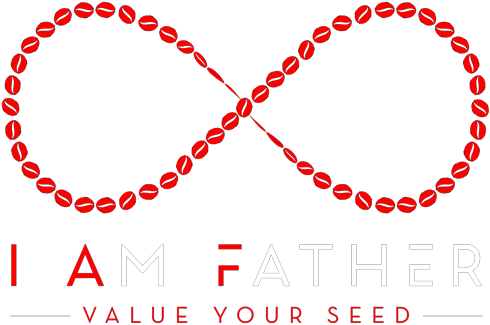Module 1: Defining the role of a father
Welcome to Module 1 of Week 1 in the “How to be a Good Father” masterclass. In this module, we will delve deeper into the topic of defining the role of a father and explore the various ways that fathers can contribute to their children’s lives.
It’s important to understand that being a father is not just about providing for the family financially. While providing for the family is certainly an important aspect of fatherhood, a father’s role encompasses much more than just financial support. A father is also responsible for the emotional and social development of his children. Research has shown that children with involved fathers have better outcomes in areas such as academics, emotional well-being, and behavior. Children with involved fathers are more likely to have better relationships with their peers, and are less likely to engage in risky behaviors such as substance abuse and early sexual activity.
Fathers play a unique role in their children’s lives, one that is different from that of a mother. While mothers often take on the role of caretaker and nurturer, fathers are often seen as providers of discipline and guidance. This is not to say that mothers are not capable of providing discipline and guidance or that fathers are not capable of nurturing and caretaking, but rather that traditional gender roles often result in these distinctions in parenting styles.
A father’s role also includes being a positive role model for his children. Children look up to their fathers and often model their behavior and values based on what they see and learn from their father. A father should lead by example, showing his children how to be responsible, respectful, and kind. He should also be a good listener and communicator, who is able to understand and respect his children’s feelings and opinions.
Additionally, a father should be actively involved in his children’s lives, helping them with homework and school projects, and encouraging them to pursue their interests and passions. This can include being involved in their extracurricular activities, attending parent-teacher conferences, and simply spending quality time with them.
The role of a father is multi-faceted and encompasses much more than just financial support. It’s about being involved in your children’s lives, being a positive role model, providing emotional and social support, and being a source of discipline and guidance. Remember that every father has a unique role to play in his children’s lives and it’s important to find your own way of fathering that works best for you and your family.
It’s also worth noting that the role of a father can change and evolve over time as children grow and develop. A father’s role in the early years might primarily be focused on providing love and care, while in the teenage years, a father’s role might shift to being more focused on providing guidance and discipline. It’s important for a father to be flexible and adaptable to the changing needs of his children and to be open to learning and growing as a father, and seeking out resources and support when needed.
Another aspect to consider is that being a father is not limited to biological fathers. There are many different ways to become a father and anyone who takes on the role of a father figure can have a positive impact on a child’s life. Stepfathers, foster fathers, and grandfathers can all play important roles in a child’s life.
In summary, the role of a father is multi-faceted and encompasses much more than just financial support. It’s about being involved in your children’s lives, being a positive role model, providing emotional and social support, and being a source of discipline and guidance. Remember that every father has a unique role to play in his children’s lives and it’s important to find your own way of fathering that works best for you and your family. And also, the role of a father is not limited to biological fathers, and anyone who takes on the role of a father figure can have a positive impact on a child’s life.
This concludes Module 1 of Week 1 of the masterclass. I hope you found this module informative and useful in understanding the role of a father. Next week, we will be moving on to the topic of building a strong relationship with your children. If you have any questions or comments, please feel free to reach out.

